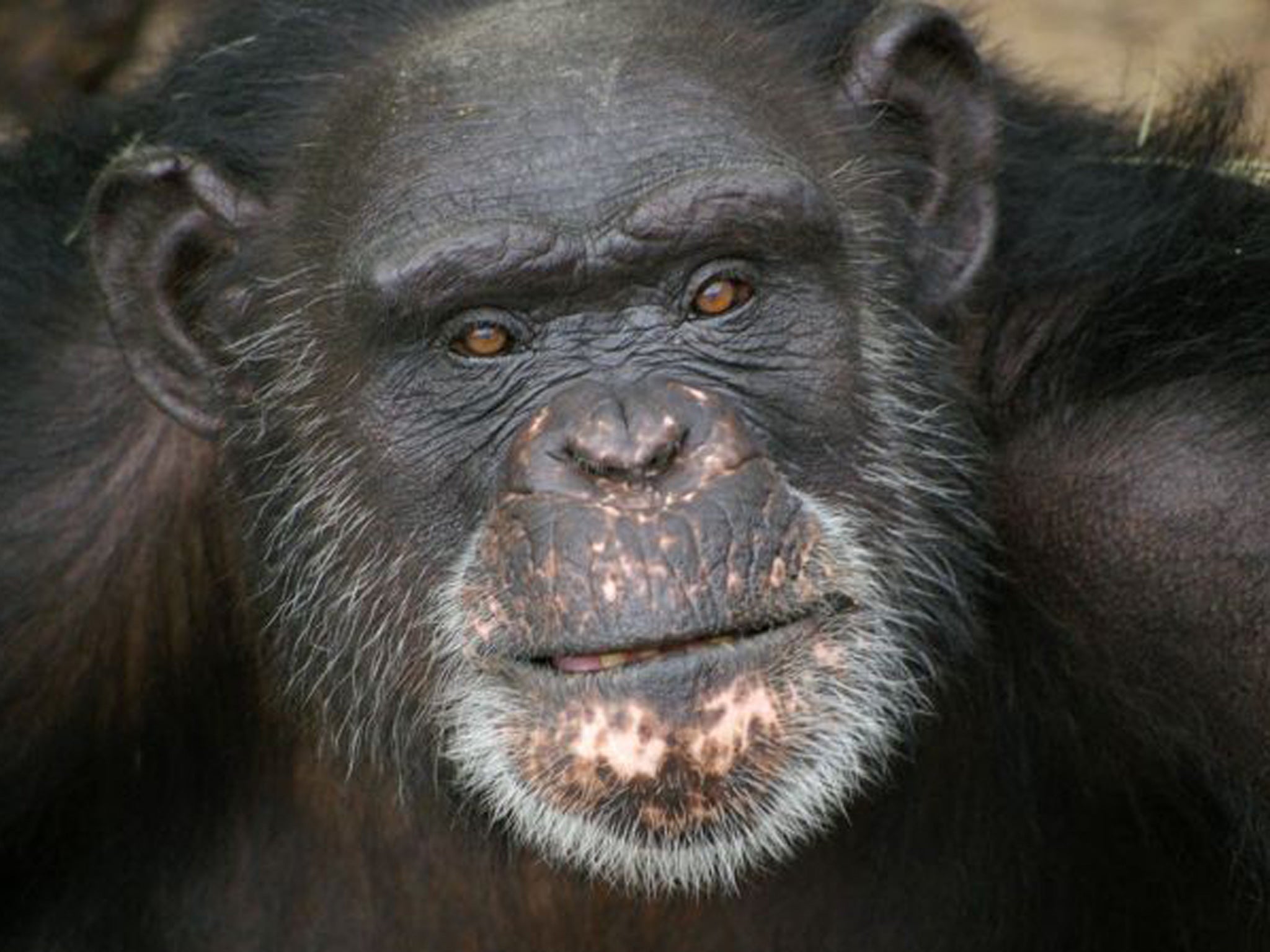People aren't doing too well on the BBC's Ignorance test. Does it matter?

There is a quiz on the BBC website at the moment called ‘The Ignorance Test’.
The point of it is pretty simple, to show up the holes in popular knowledge about what kind of state the world is in right now. It’s effective. Lots of people are making lots of mistakes. To rub it in Hans Rosling, the test’s creator, also tempted a chimpanzee into answering the questions, by grabbing randomly at bananas with answers scrawled on them. As you might expect, the chimp is on the whole scoring better than the British population.
It’s worth taking the test for yourself [click here], but the topics presented are things like the proportion of energy provided by renewable sources (which this IV dripper got spectacularly wrong), and the rate at which extreme poverty has increased or declined over the past few decades (which this IV dripper got right). What Rosling wants to show is that the world is in better shape than most people presume; a worthwhile aim.
But the real question all this raises, though, is what does it matter? Is it dangerous that people are on the whole poorly informed about geopoloitics, or are these facts equivalent to any other piece of trivia (what’s the tallest mountain in Tanzania, say?) Let us know your thoughts below...
Join our commenting forum
Join thought-provoking conversations, follow other Independent readers and see their replies
Comments